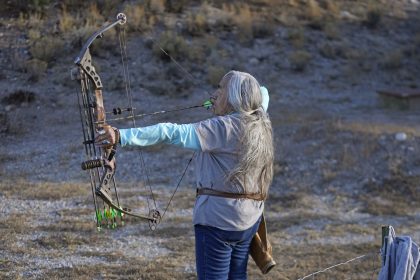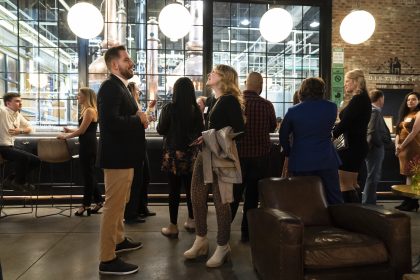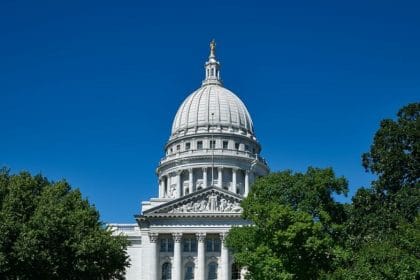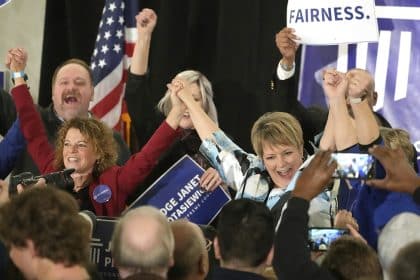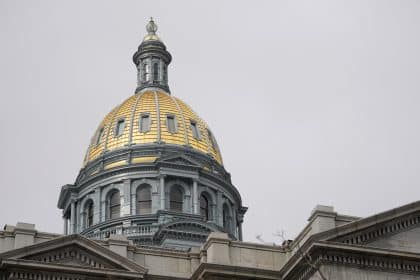State Attorneys General Try to Soften SBA Crackdown on Business Loans
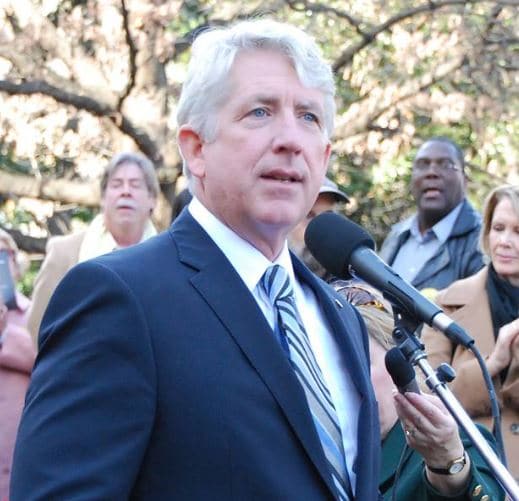
The attorneys general from 18 states are pushing back against the Small Business Administration for what they describe as an overly zealous crackdown on fraud in the coronavirus relief loans.
They are bothered by the SBA’s proposed appeal process for small business owners who are denied Paycheck Protection Program loans.
The attorneys general submitted a comment last week that responds to the SBA’s announcement of its proposed rule change, called an “Interim Final Rule.”
“The appeals procedure for final loan review decisions established by the Interim Final Rule leaves borrowers in the dark about crucial factual and legal findings by the SBA and, as such, at an extreme disadvantage,” the comment says.
The SBA has approved 5.2 million of the loans. About 80% of them are for less than $150,000.
The attorneys general say rigorous new standards for reviewing borrowers’ eligibility, loan amounts and the use of proceeds will mean many businesses that need the money instead will be shut out.
The loans are supposed to help small businesses stay afloat during the economic downturn caused by the coronavirus pandemic. If they continue to operate with employees on their payroll, the government will forgive the Paycheck Protection Program loans.
SBA officials say they expect nearly all eligible borrowers who complied with terms of their loans will not need to pay them back.
However, early government estimates indicate hundreds of millions of dollars of the money went to identity thieves while other business owners lied about their loan qualifications. The reports prompted the SBA to institute a review process of loan applications to cut down on the fraud.
The attorneys general say not all small businesses have the resources to defend their loan applications in response to SBA investigations. They suggested a four-point plan as an alternative to the SBA’s proposed rule change.
Under their plan, the SBA would arrange procedures that explain ”the factual and legal bases for final Paycheck Protection Program loan review decisions by the SBA.”
Other provisions would suspend loan forgiveness applications during an administrative appeal and require “independent and neutral decision-makers” to conduct appeals of loan review decisions.
The attorneys general also want the SBA to “provide borrowers with fair procedures on appeal.” They describe the current procedures as unfair.
As an example, they mentioned that SBA rules now allow borrowers to file only one legal brief while appealing a denial of a Paycheck Protection Program loan. The procedure gives them no opportunity to respond to SBA accusations against them, according to their comment.
Borrowers also lack access to an administrative record when they are investigated, which the attorneys general say limits their ability to answer allegations.
“Small businesses in Virginia and across the country are suffering during these tough financial times and the SBA shouldn’t be making it even harder for them with this unfair loan appeals process,” Virginia Attorney General Mark Herring said in a statement.
The CARES Act approved by Congress in late March set aside $349 billion for the relief of small businesses. Congress later provided an additional $310 billion for the Paycheck Protection Program, totaling $649 billion.
During a House Small Business Committee hearing last week, the inspectors general from the SBA and the Government Accountability Office told lawmakers the SBA rushed to bail out small businesses in danger of failing after the CARES Act took effect. Some of the money was given out before proper fraud controls were arranged, they said.
The issue is taking on greater urgency as Congress nears completion of a second round coronavirus relief package.
Although details still are being worked out, SBA Administrator Jovita Carranza has been saying in interviews Congress is likely to renew and perhaps increase funding for the Paycheck Protection Program.
Members of Congress are considering giving first-round borrowers an opportunity for second forgivable loans. Republicans and Democrats continue to negotiate limits on who can apply for them.
The SBA stopped giving out the loans in August amid widespread reports of fraud. About $130 billion remains available under the Paycheck Protection Program.
















